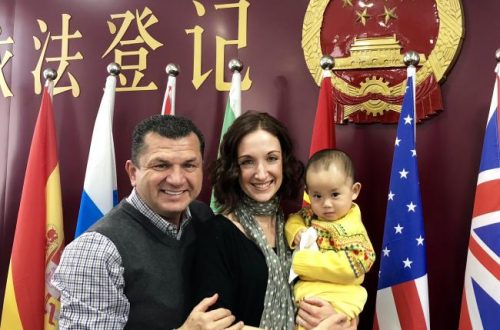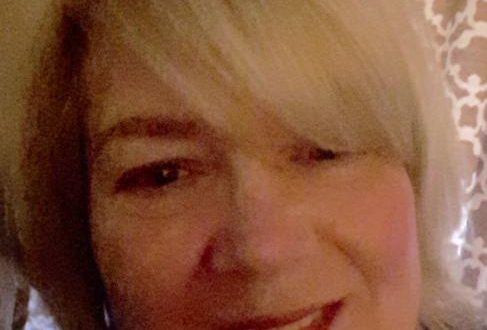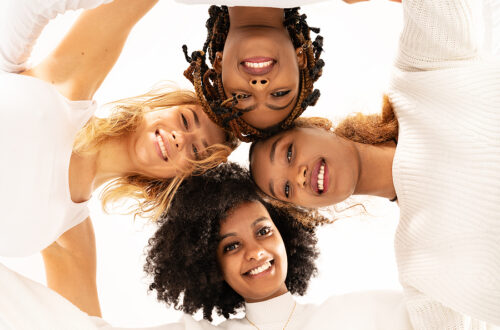In the News: Racism and Abortion
When I was five or six living in Oregon, my mom helped me write a letter to Dr. Martin Luther King Jr., thanking him for his work against racism. I enclosed my pennies.
In 1969 (those tumultuous sixties) when I was ten, my family moved to Arlington, Virginia, two miles outside of Washington, D.C. What a shock suddenly to find myself in a school where racial tensions ran high. Still, I had both black and white friends.
I considered myself unprejudiced. Yet when we visited what was my favorite of the East Coast historical sites, Monticello, home of Thomas Jefferson, I bought into the argument that Mr. Jefferson had slaves only because he was a product of his times. I laughed at racial jokes, and asked one of my black friends to tell me “white” jokes. But he said, “I can’t. They’re too nasty.”
Fast forward to five years ago when I revisited Monticello. I was outraged! And most of my anger was directed at myself. How could I have heard the stories and read about slave families split up after Mr. Jefferson’s death without at least grieving, if not becoming irate? Who was I kidding to think I was unprejudiced if I could know those facts and not connect the dots? And how self-deceived does one have to be to tell jokes that insult without pangs of guilt?
When I read McCullough’s John Adams, I learned that our second president refused to own slaves because it was wrong. So Mr. Jefferson was not, indeed, merely a product of his times. If one of his colleagues took such a principled stand, Jefferson at least knew the moral arguments and chose to buy slaves anyway.
My niece and nephew, who joined our family through the miracle of adoption, are African-American. And when we visited the Lincoln Memorial together several winters ago, I grew misty-eyed as my daughter stood on one side of me and my niece on the other. I considered that in one generation we’d surpassed the dream of children playing together and embraced each other as family.
I sat glued to the TV on Inauguration Day last week, and I wept tears of joy. My mom called me, and as we talked about the significance of the events, she told me she attended an integrated high school, quite progressive for the late 1940s. And when we moved to Washington, D.C., she was stunned at the level of racial tension. Her own parents taught her to embrace racial diversity, and she tried to instill the same values in her five children.
How amazing, then, to see 1.8 million non-picketing people on that same Washington grass that held demonstrators forty-five years ago. How moving to hear the stories of those who prayed for justice to roll down like waters.
Now then…January 22 marked the anniversary of Roe v. Wade, a decision handed down in the courts of my own city. Thirty-six years later, I sit torn between the joy of progress on the race question and the reality of an American’s right to have a partial-birth abortion. I feel conflicted because the same principles that make me rejoice to see this day from a racial perspective are the principles that twist me up inside at the thought of murdering an unborn child: All humans are created in the image of God and are therefore endowed, from the moment they become human (fertilization), with dignity and the full rights of personhood.
Let us not stop, however, at supporting legislation that halts legalized abortion. Nor at criticizing pro-choice politicians. Together we can address causes: Go after dads who refuse to pay child support. Establish practices that lead people out of poverty. Provide the kind of support that keeps women in unplanned pregnancies from feeling their lives are over if they carry to term. And pray and provide spiritual direction, leading people to repent of the utter bankruptcy of soul that excuses using abortion as a means of “contraception.”
Volunteer. Give. Do something. Sometimes grand reversals happen. Case in point: January 20, 2009. Yes we can!



2 Comments
Anonymous
Do something practical
Thank you for making the point that it’s not good enough to bemoan the execessive abortions that are carried out. We need to think about what *we* are prepared to do to change society.
Sharifa Stevens
I totally agree with putting
I totally agree with putting words, and votes, into action in order to thwart the abortion pandemic by volunteering (at centers that offer true alternatives for pregnant women), praying, mentoring single mothers, being a foster parent, adopting, babysitting, and being a listening ear and a shoulder to cry on for people who are in desperate need of hope.
Imagine if we who love life were to dedicate not just one voting day every four years to the cause of life, but would dedicate 365 days to reinforcing our values through lovingkindness.